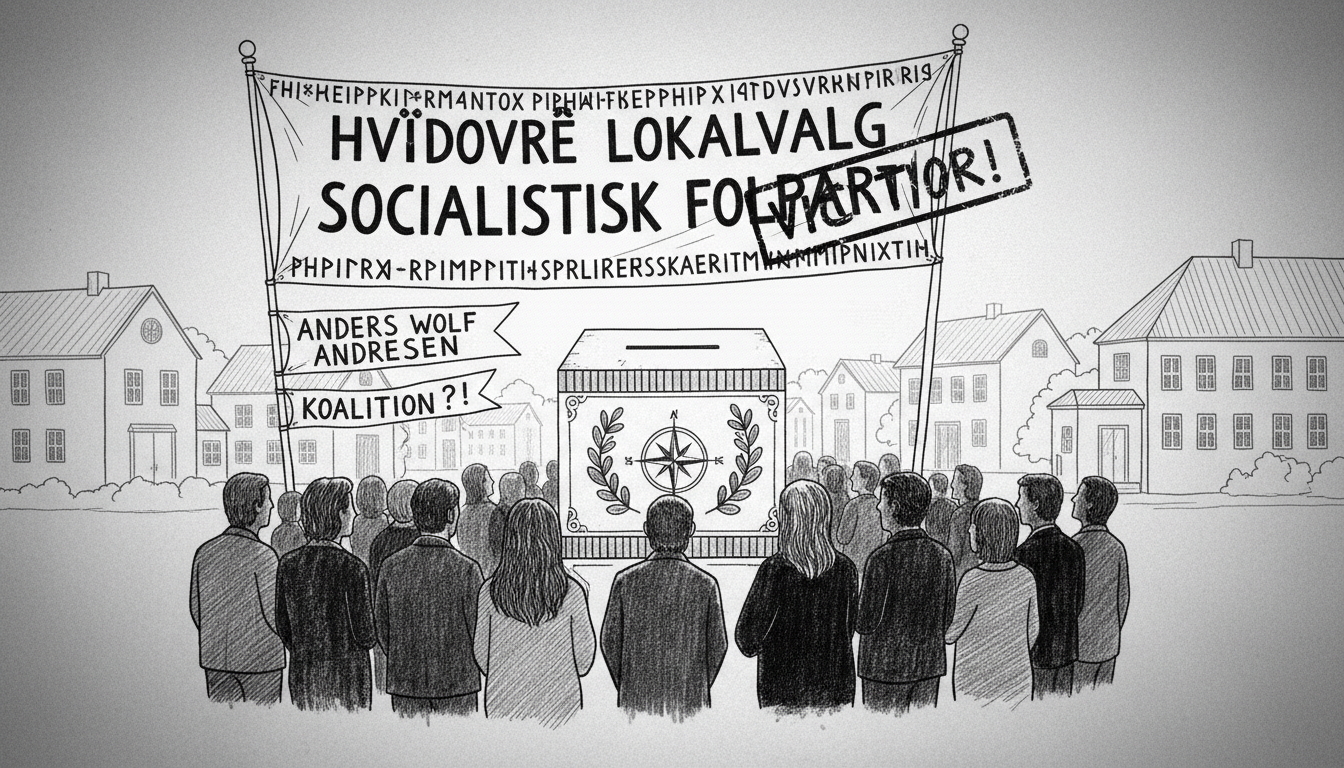The Socialist People's Party achieved a dramatic victory in Hvidovre's municipal elections. Current mayor Anders Wolf Andresen delivered strong results for his party. The Socialist People's Party gained 26.5 percent of votes in the local and regional elections. This represents an 11 percentage point increase compared to the previous election cycle. The party now holds 6 of the 21 seats on the municipal council.
The election results show the Socialist People's Party overtaking the Social Democrats as the largest party in the municipality. The Social Democrats, led by top candidate Anders Liltorp, experienced a substantial decline. They lost 10.3 percentage points and finished with 24.6 percent of votes.
Together, the Social Democrats and Socialist People's Party could form a majority coalition. This same mathematical possibility existed four years ago but went unused. Instead, the Socialist People's Party captured the mayor's office through an unusual alliance. They secured support from the Red-Green Alliance, the Conservatives, the Liberal Party, and the local Hvidovre List.
This political maneuver broke 96 years of Social Democratic dominance in the mayor's office. Now, negotiations will determine whether the current mayor can convert his electoral success into another term. The Liberal Party cannot provide the same support as last time. They lost their single council seat from the previous election cycle.
Hvidovre represents one of only two municipalities where the Socialist People's Party holds the mayor position. The party also governed Langeland Island for the past four years. Unlike Hvidovre, the party suffered a disappointing result on the elongated island.
Danish local politics often feature complex coalition building. The traditional left-right divide frequently blurs in municipal governance. Parties prioritize local issues over national political alliances. This explains why the Socialist People's Party could partner with center-right parties to secure power.
The election results reflect changing voter patterns in suburban municipalities like Hvidovre. Voters appear willing to cross traditional party lines when selecting local leadership. The substantial swing suggests residents responded positively to the mayor's performance.
Municipal governments in Denmark handle important local services. They manage schools, elderly care, local planning, and cultural facilities. The mayor wields significant influence over these daily life matters. This explains why local elections sometimes produce unexpected outcomes compared to national politics.
What happens next in Hvidovre political negotiations remains uncertain. The mayor must build a new governing coalition without his previous Liberal Party allies. The election results give him a stronger negotiating position. Yet Danish municipal politics often feature unpredictable partnership formations.

